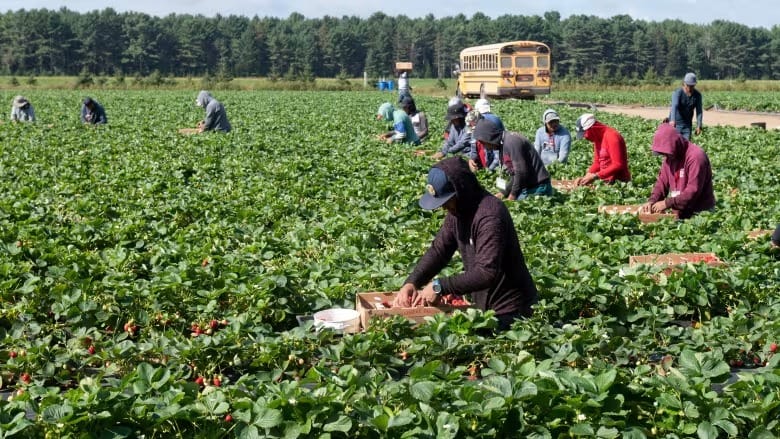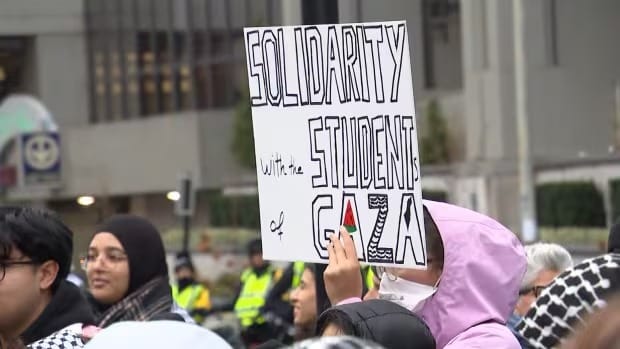Quebec court greenlights temporary foreign worker class action on closed permits
Action seeks declaration that some federal regulations are unconstitutional

Quebec’s Superior Court has approved a class-action lawsuit involving temporary foreign workers suing the federal government over restrictive work permits that bind them to specific employers.
The lawsuit, initiated in 2023 by the Montreal-based Association des droits des travailleuses et travailleurs domestiques et agricoles, argues that closed work permits violate Charter rights related to life, liberty, security of the person, and equality.
On Friday, Justice Silvana Conte of Quebec Superior Court gave the go-ahead for the lawsuit, which includes any foreign national issued a work permit in Canada after April 17, 1982, that was tied to a particular employer.
"The court finds that at this preliminary stage, while the threshold test is high, there is an arguable case that the employer-tying measures are 'clearly unconstitutional' giving rise to a claim for damages under the Charter," Conte wrote.
The lawsuit seeks damages for affected workers and a declaration that parts of the Immigration and Refugee Protection Regulations are unconstitutional.
The lead plaintiff, Byron Alfredo Acevedo Tobar from Guatemala, worked as a farm laborer under closed permits with three employers between 2014 and 2022. He alleges that during this time, he faced psychological abuse, harassment, overwork, inadequate training, lack of proper equipment, and insufficient wages.
Closed work permits, typically issued for low-skilled jobs, restrict migrant workers to specific employers or groups of employers. Critics argue that this arrangement makes it difficult for workers to report abuse without fearing deportation.
In response, federal government lawyers argued that Acevedo Tobar’s experience was not representative of all workers and claimed he was unsuitable to represent class members. They also sought to narrow the class to workers in agriculture and caregiving, and limit eligibility to workers who received permits from 2017 onward. The plaintiffs, however, wanted the class to extend back to 1982, the year the Charter of Rights and Freedoms came into effect. Justice Conte stated the eligibility period would be determined later.
Last September, a United Nations special rapporteur described Canada’s temporary foreign worker program as a "breeding ground for contemporary forms of slavery." After a 14-day visit to Canada, Tomoya Obokata highlighted the risks foreign workers face under closed permits, including wage theft, limited access to health care, long working hours, and inadequate protective equipment. Obokata reiterated these concerns in his final report in August 2024, which also documented cases of sexual harassment, exploitation, and various forms of abuse.
The number of work permits issued under this program increased by 88% between 2019 and 2023, though the federal government recently announced plans to reduce the number of foreign workers under this system.
The class action has gained support from Quebec labor unions, such as the Confédération des syndicats nationaux (CSN) and the Quebec Federation of Labour, which recognize that although workers have legal rights, the power imbalance created by closed permits leaves them vulnerable to retaliation.
Immigration, Refugees, and Citizenship Canada declined to comment, as the case is ongoing. The attorney general’s office has 30 days to decide whether to appeal the ruling.





